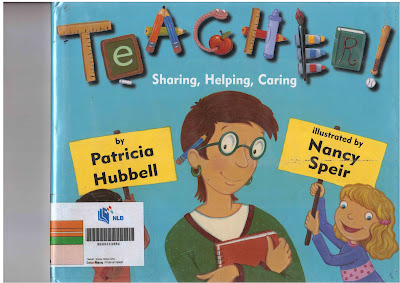Teachers – you can’t live with them, you can’t live without them
One of the most important and most difficult relationship a parent will ever have with anyone in the child’s life (before the daughter/son-in-laws….) is that with his/her child’s teacher.
To the family, the PSLE represents the verdict of six years of pain and tears, and is a once-in-a-lifetime opportunity for the child to gain an advantage for the next four to six years of his/her life or perhaps the rest of his educational life. To the teacher, it is just something in her workplan for the year. It is a difficult relationship because of mismatched expectations and the different extent which the parent and the teacher is invested in the welfare of the child. For the parent, the child is precious and special – one in one, or two or maybe ten (although rare, in Singapore). To the teacher, the child is one in forty, and she sees groups of students year after year. It pains us when we find out that our child is not one of the teacher’s favourite, or when we realise that our child is being bullied emotionally by the teacher’s criticism and disdain, or the teacher is not protecting our child from the ridicules and rejection of his peers.
On the one extreme, there are parents who are up in arms the whole time on behalf of their child. On the other extreme, there are parents who leave their child entirely to the devices of the school and teacher – out of misplaced trust or pure neglect.
I struggle all the time to be a supportive parent – both to the teacher, and to my child.
I had a teacher who called me to tell me that my child had not been doing his work for the past 2 months and now has to complete 87 pages of homework over the weekend. I had a teacher who called me to tell me that my child has not been copying his Science notes for the past 1 month and now he has lots of catch up. When I told her that I was not aware – she exclaimed – of course you are not aware, but your son knows what is expected of him. I had no reply to that, and the converation ended with her saying that she just wanted to let me know. I had a teacher tell me that my child is weak in writing composition – and when I asked her what I could do to help him, she said that his writing has no imagination (and that was the end of her inputs to me).
As a parent, I find that I have no choice but to fill in the gaps which schools and teachers are unable to fill, either out of indifference or incompetence.
I came across something from “Lists to live by for every caring family” which tells us how to be a parent teachers like to see. I must say some of the things are really difficult to do.
- Establish a positive relationship. Try to work together. If you become acquainted with your child’s teacher before problems occur, you will have a greater impact when a need arises.
- Give help, not advice. Most teachers need help, not more information. When helping, try to do what the teacher wants, not necessarily what you want.
- Show appreciation. Even in the most positive schools, an amazingly small number of parents (and students) ever show appreciation. We all work harder for those who say thanks.
- Be positive. If your child struggles, make the teacher aware of the problem and ask for suggestions. Don’t be afraid to tell the teacher your plans and how she can help. Focus on changing your child – not the teacher, the school, or the child in the next seat.
- Pick your battles. Don’t overlook important issues, but choose your battles carefully. Realize that if you fight – people get hurt. Is it worth it? Many battles aren’t.
- Respect the teacher. For a good idea of how you might be perceived by a teacher, ask yourself this question. What would the teacher’s life be like if every parent did what I do?
I have not reconciled my feelings towards my children’s teachers in general. Every year, I have a new set of teachers whom I respect and whom I don’t respect as much. Yet, I choose to always forgive teachers for what they did or did not do to, or for my child.
I choose to forgive and let go for the simple reason that I want my children to respect their teachers no matter what, and I want my children to learn that their future is in their own hands – no matter how good or bad their teachers are. Before I can expect my child to do it, I must do it myself, isn’t it?

